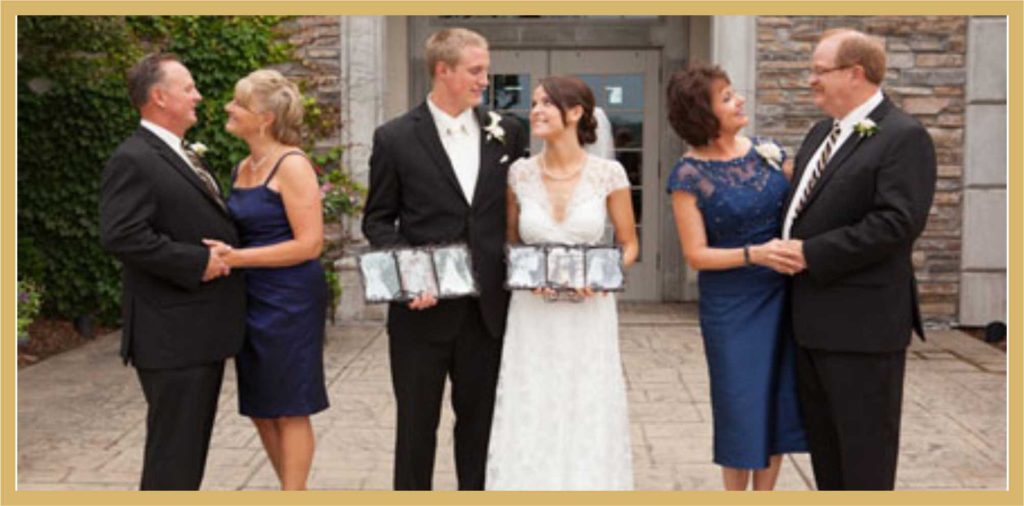
A couple’s decision to tie the knot is always a very emotional and important moment for their respective families as well, who according to their possibilities try to help the couple achieve their perfect day.
With the advent of the new millennium, traditions have also changed just think that in the past (and we are not talking about centuries but a few decades) for the bride without a “dowry” to find a husband became difficult if not almost impossible since the “dowry” was considered compulsory and had to be proportional to the family’s possibilities and social status.
The passage of years and cultural emancipation have since put an end to this obligation although there has remained on the part of families a willingness to let some traditions and customs survive if not in toto, at least minimally.
Today, many married couples come to marriage after a period of cohabitation, which effectively negates the need to bring in “dowry” towels and sheets, consequently, all expenses inherent to the wedding are also divided equally, while for other couples these traditions are either outdated or do not hold the importance often given to them by their parents. The division of wedding expenses can become a source of friction and tension between the couple’s families especially when there is a desire to respect customs and traditions of a time long gone.
Families, it is known, only want the good of the couple, they want their son or daughter’s marriage to be splendid, and they feel obligated to help their children in many ways from logistical to material and economic aspects however this valuable effort of families should not give them the right to syndicate the couple’s choices.
Advice that often comes from their experience and maturity, their personal views on certain organizational and style issues, is all very well, but financial help should not give them an excuse to be able to take an active part in the couple’s choices.

Anyway, if you want to know in the last century according to popular tradition what the expenses were borne by the bride’s family, here is a fairly reliable list below:
- The bride’s dress
- Home furnishings
- Floral decorations
- Participations
- Photos
- Music
- Favors and sugared almonds
While in charge of the groom’s family were:
- Wedding rings
- Bride’s bouquet
- Offering to the church for the celebration of the rite
- Honeymoon
- House purchase or rental
- Home furnishing
That said.
You now have an awareness of how, in the past, tradition was of predominant importance in the division of expenses among the bride and groom, and how distant those times are today.
In a very small way we can still find these customs only in families where respect for traditions has deep roots; Visit our website www.weddingsymphony.it and go to the contact page to book a consultation with our Paul and figure out how to make your big dream come true.
Remember that
“Marriage is a live movie. You can’t go wrong because you can’t buy a memory.”
We always say this to all our wedding couples.
A few simple tips combined with a dash of common sense in choosing a musician not just based on price will make your wedding a memorable event.
I am Paolo Furlan the first Wedding Music Planner in Veneto and founder of the Wedding Symphony music agency specializing in music for civil or religious ceremonies and music and entertainment for wedding receptions.
Follow our social channels to stay up to date with the latest news and get helpful tips on how to best plan your wedding!
More info awaits you on our blog.
Don’t let them pass you by.
Enjoy your reading and have a good life!

